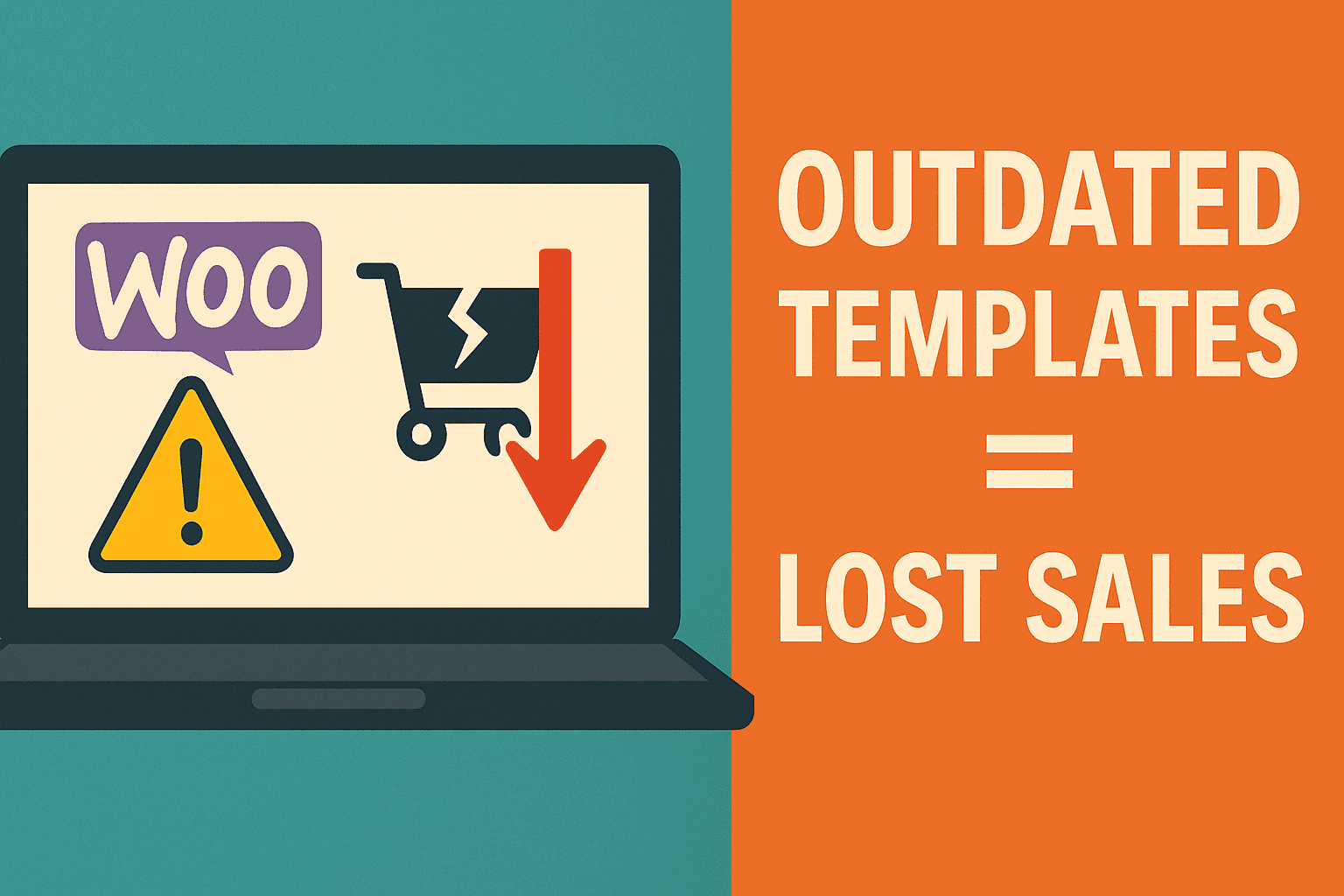WordPress is an advanced content management system that enables users to quickly build websites and blogs. Businesses often choose WordPress for their online presence. White labeling your WordPress installation gives your business an exclusive look that stands out from competitors, creating an exceptional user experience on your site and increasing conversions. Although the process may be complex, white labeling could prove invaluable for its success.
White label WordPress requires using a plugin which will allow you to tailor both the back end and front end with your branding, providing seamless use for clients. In addition, this plugin can also remove references to WordPress from display – instead showcasing logos, colors and other design elements of your own.
Your plugin of choice should also be intuitive, featuring a live preview feature to show changes as they happen in real-time. This will enable quick and effortless adjustments until you reach your ideal look and functionality for your website. Likewise, external plugins like contact forms or e-commerce integrations can be tailored so they fit with the brand aesthetic perfectly.
One of the key components of white labeling WordPress is offering ongoing client support. This will keep them satisfied while building trust between yourself and them over time. Furthermore, you should create a ticketing system or live chat so that questions or issues can be quickly responded to.
Many of your clients will likely lack technical expertise, and have limited experience running their own website. They may become disoriented when seeing WordPress and third-party logos in the admin area; white labeling your WordPress back-end ensures only content you want them to see is visible; it also protects against accidental updates of plugins without your knowledge.
Use of a white label WordPress plugin offers several additional advantages, including hiding all of the back-end settings you don’t want your clients to have access to and creating a cleaner and more professional-looking dashboard for them. Furthermore, custom navigation and menu options can make it easier for clients to locate what they’re searching for.
White labeling WordPress can provide agencies and freelancers looking to offer a branded experience to their clients with an effective solution. Best practices should be observed when white labeling WordPress, including keeping themes, plugins, and WordPress versions up-to-date so your clients have access to the latest security features that prevent hacking attacks or threats to security. You should take time creating a personalized user interface which matches up with client brand identity and voice; and ensure ongoing support is offered so they can handle any problems independently.




